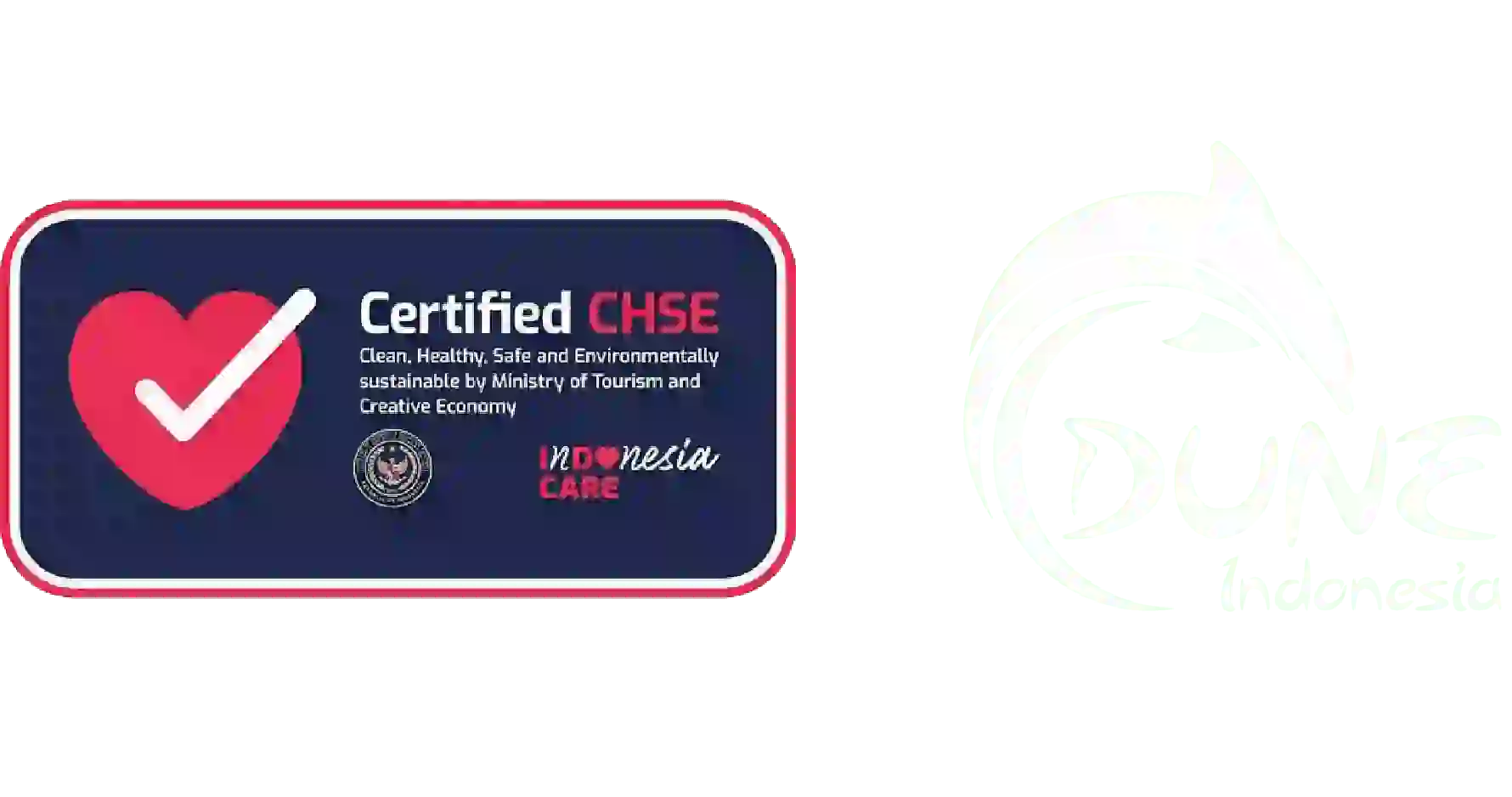Lots of waste and especially plastic waste are not biodegradable.
However, lots of waste are thrown into the wild. Even if it seems logical not to throw away its detritus, for lots of people the message is still far from being acquired.
Trash that ends up in the sea is often eaten by animals that live there, which can harm or even kill them. It is also a problem for us, humans.
We are at the top of the food chain, which means we end up eating OUR trash !
It also ruins the beauty of the sea, prevents tourists from coming back to these natural wonders, damages boats, and carries diseases.
Fruit peel : 2 to 5 weeks
Cigarette butt : 1 to 5 weeks
Plastics bags : 10 to 20 years
Fishing nets : 30 to 40 years
Tin can : 50 years
Leather : 50 years
Soda Can ( Aluminium) : 80 to 100 years
Batteries : 100 years
Plastic bottle : 450 years
Diapers & Sanitary napkins : 500 years
PVC cards : 1 000 years
Glass bottle : 1 000 000 years
Have a look at our Eco page to see all Dune Atlantis Bali partners: https://www.atlantis-bali-diving.com/go-eco
If you want to help to protect our planet ,join us on the 5th of July 2019for an Ocean and Beach clean up at Sanur beach ! 🙂






